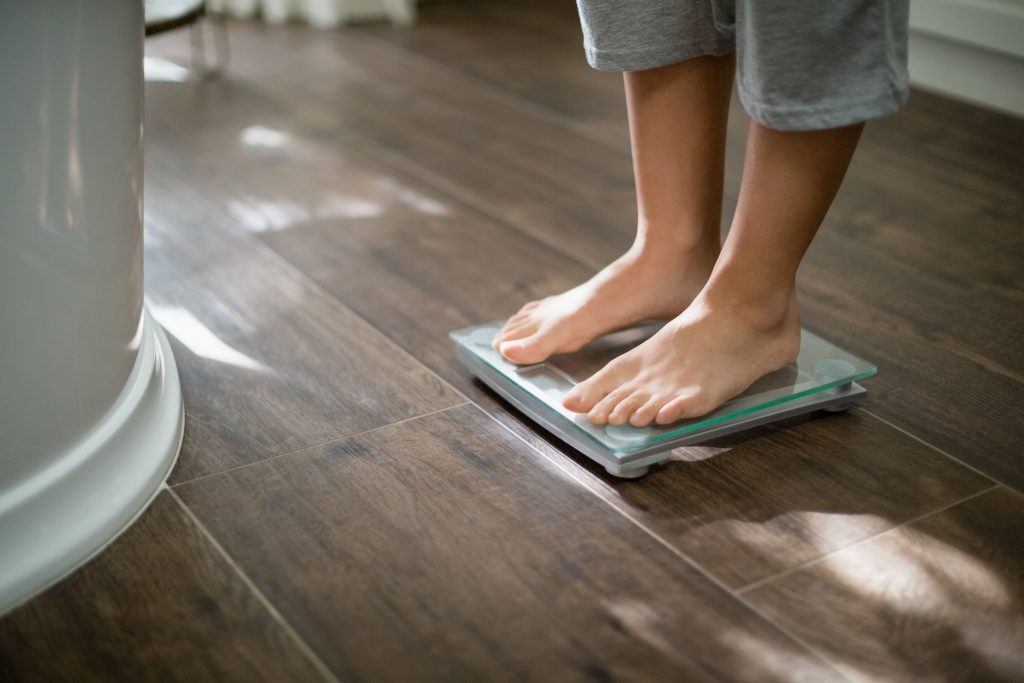Eating DISORDERS & bODY iMAGES
What We Eat… and Why
“Change only takes place through (repeated) action.”
– Dalai Lama
From my own experience, I know that having a person around that knows exactly where you are and how you feel is key to providing an individualized health program. We are all different and there is no right or wrong when it comes to diet, movement, and lifestyle. I want to teach you how you can find what works for YOU. My goal is to empower individuals dealing with body image issues and eating disorders to create a happy mind within a healthy body through nutrition, movement, and positive psychology.

Warning Signs of Eating Disorders and other Weight-Related Issues
- An obvious increase or decrease in weight not related to a medical condition may be a sign of an eating disorder
- Abnormal eating habits, such as severe dieting, ritualized mealtime behaviors, fear of dietary fat, secretive bingeing or lying about food
- An intense preoccupation with weight and body image
- Mood swings, depression, and/or irritability
- Compulsive or excessive exercising, especially without adequate nutritional intake or when injured or it

Do You Have an Eating Disorder?
Respond honestly to these questions. Do you:
- Constantly think about your food, weight, or body image?
- Have difficulty concentrating because of thoughts about food, weight or body image?
- Worry about what your last meal is doing to your body?
- Experience guilt or shame around eating?
- Count calories or fat grams whenever you eat or drink?
- Feel “out of control” when it comes to food?
- Binge eat twice a week or more?
- Still feel fat when others tell you that you are thin?
- Obsess about the size of specific body parts?
- Weigh yourself several times daily?
- Exercise to lose weight even if you are ill or injured?
- Label foods as “good” and “bad”?
- Vomit after eating?
- Use laxatives or diuretics to keep your weight down?
- Severely limit your food intake?
If you answered yes to any of these questions, your attitudes and behaviors around food and weight may need to be seriously addressed. An eating disorders professional can give you thorough assessment, honest feedback, and advice about what you may want to do next.
This chart, and more articles about ED, can be found at https://www.edcatalogue.com/
Let’s Find Something that Works
Eating disorders can affect anyone, at any age, in any profession. There are several areas of concern that we can address through therapy and counseling, including:
- Anorexia
- Bulimia
- Binge-Eating
- Stress Eating
- Unhealthy relationships with food
- The recovery process
- Family and parental concerns
- Medical issues
- Female-specific concerns
- Male-specific concerns
- Athletes with Eating Disorders
- Working professionals with body image concerns